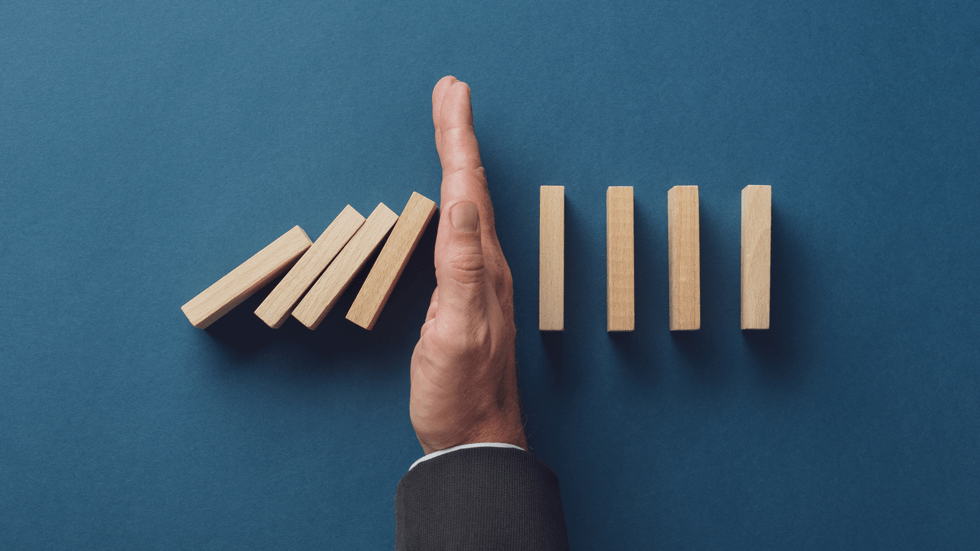The current medical crisis and the resulting economic crisis caused by the coronavirus hit us like a giant tsunami wave, with a tremendous impact and the potential to change our lives and our world forever. In Europe, however, we had an advantage time-wise, a kind of tsunami warning system, because in the highly cross-linked world we were well informed by the situation in Asia and were therefore at least warned.
What do people do when they prepare for a crisis?
They take comprehensive protective measures as best they can for their workplace, their family and their home, the latter in the form of supplies and reserves. This is where exciting cultural differences become apparent, where something is bought and hoarded.
We have all been able to observe that toilet paper, noodles and disinfectants are currently being bought in stock in Germany and Austria. In Italy and Spain, on the other hand, large quantities of red wine, canned fish and buckwheat in Russia, marijuana in the Netherlands and weapons with ammunition as well as meat and still water in the USA have been purchased.
Different product groups give people from different cultural backgrounds a feeling of security and a way to best overcome the crisis.
The crisis has now arrived
What can we do now if we find ourselves in a personal predicament or the whole of society is affected, as is currently the case?
Without claiming to be exhaustive, we suggest a few ideas how to overcome the current situation:
- Accepting this reality radically, in all its painful facets and consequences.
It is like this now, and we are experiencing a global change, the world stands still, even if it is painful for our companies and us. - Seeking exchange and networking with other stakeholders: How are your cooperation partners and market companions doing in this situation? What are they currently doing or refraining from doing? Any experience from your environment can provide you with valuable ideas and approaches to solutions.
- Learning from the past or history: What difficult situations have you mastered so far and what lessons and benefits can you draw from them now?
- Getting into action: Think about what you can do right now or what skills you can acquire to get through this challenging time in a stable mental state. During this phase, look very carefully at your physical and psychological health.
- Enduring silence and quiet or
See the crisis as a source of new, creative ideas
In 1665 Isaac Newton was forced to leave Cambridge University due to the plague epidemic in England and retire to his home. Isolated from his colleagues and without the opportunity to teach, Newton was able to immerse himself in his scientific research at this stage. According to his account, in 1665/1666, he had the basic ideas that led him to the track of his three grand theories: the theory of gravity, the method of light and the infinitesimal calculus.
In 1830, because of his impending marriage, the great Russian poet Alexander Pushkin received the village of Boldino, 250 kilometres from Nizhny Novgorod, as a gift from his father. Pushkin only wanted to visit it for a short time when a cholera epidemic prevented his return to Moscow. Pushkin was forced to stay in the province, and it became his most significant and most productive creative period, during which many of his brilliant works were created.
It is up to us to choose our attitude towards this crisis and to see it not only as a threat but also as a source of new, creative ideas and creative paths. If we succeed in this, new approaches to development, scientific inventions and artistic masterpieces will emerge in the economy, in society and throughout the world.
The crisis gives us a chance for a new beginning
Many crisis experts and analysts are currently talking about a worldwide restart, a kind of reset that will forever change the way we think, work with each other, manage and deal with our planet. As with post-war reconstruction, new lines of business, new methods of communication, new approaches to mobility, collaboration, even an entirely new way of thinking will emerge.
Now, we do not have the upper hand over the development or the end of the crisis. However, every one of us can decide what conclusions we draw from current events and how our lives will change positively in the future.


Recent Comments